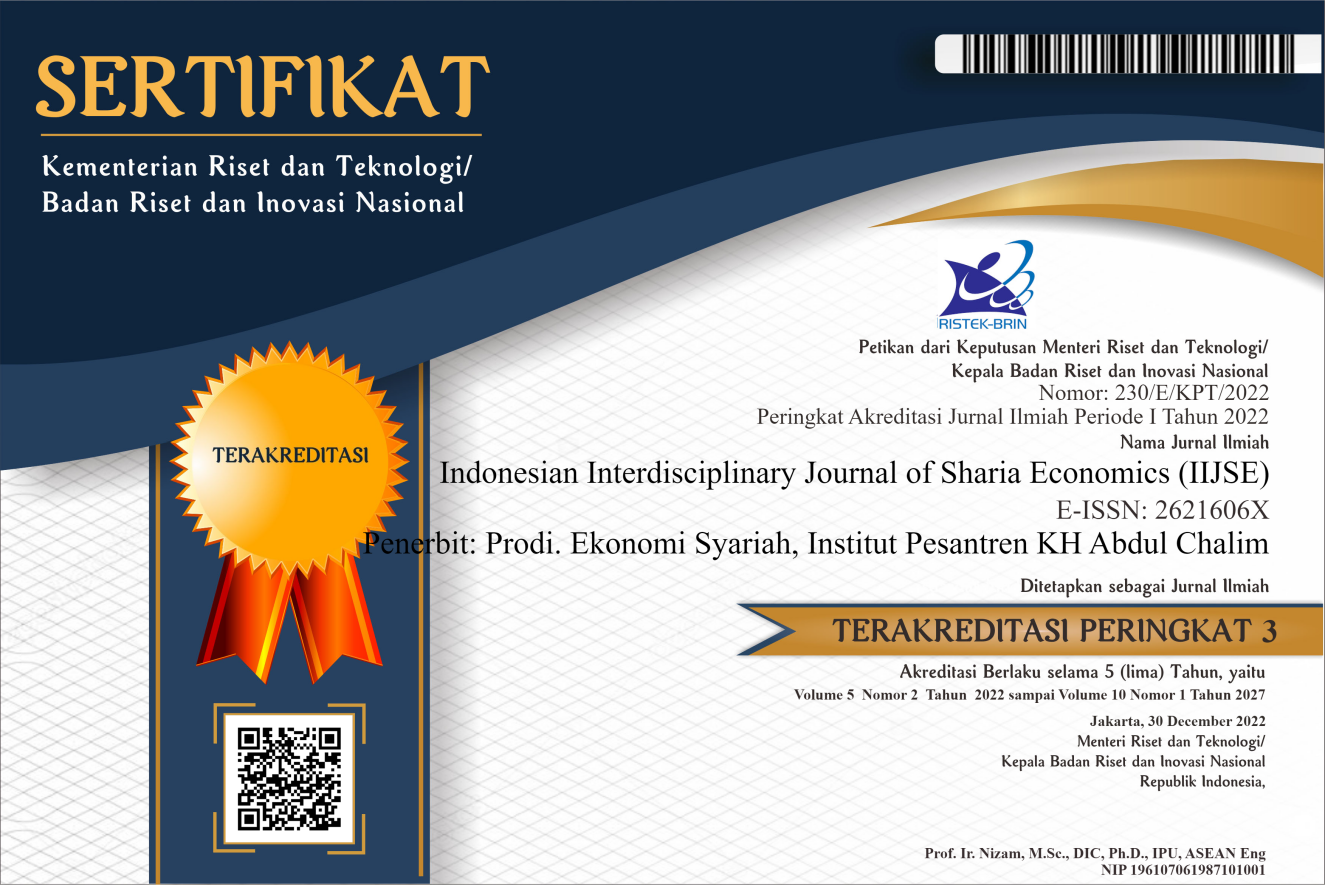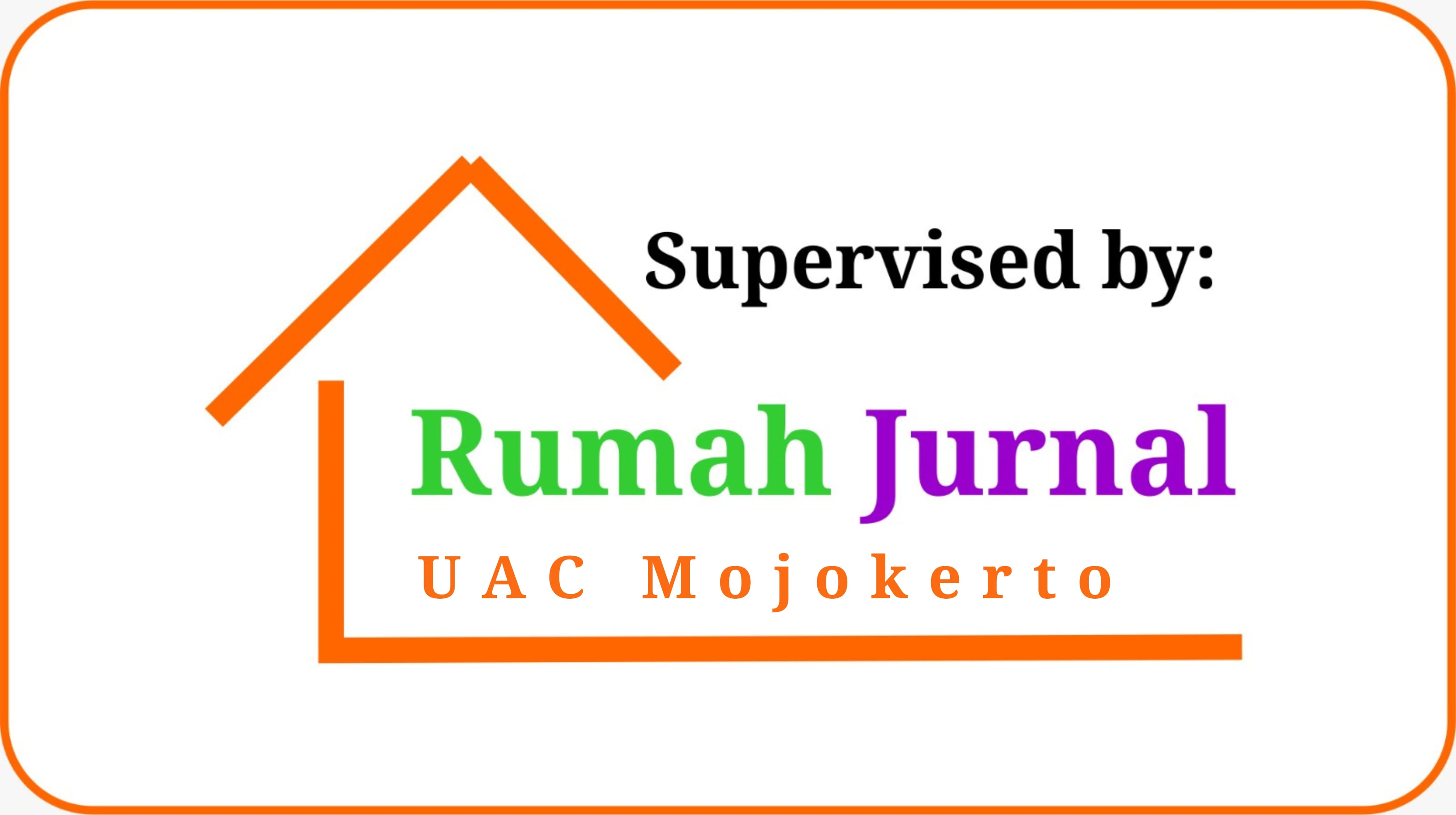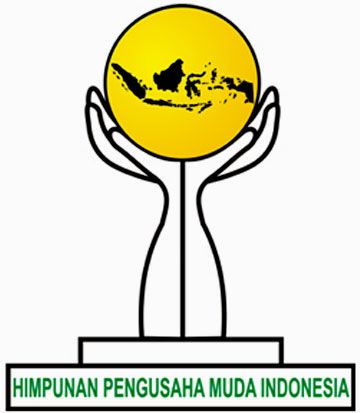The Effect of Career Development and Compensation on Job Hopping of Millennial Employees with Employee Engagement as a Mediation Variable in Denpasar
Abstract
This study aims to understand the factors that influence the decision of millennial generation employees in Denpasar City to leave their jobs (job hopping). The main focus of the study is the influence of career development and compensation on job hopping with employee engagement as a mediating variable. Denpasar, the capital city of Bali Province and a rapidly growing economic center was chosen as the research location to explore this phenomenon among millennials, especially those aged between 28 and 43 years and who have had at least two working experiences. This study uses qualitative and quantitative data obtained through questionnaires distributed to respondents. The results of the study indicate that although the assessment of career development, compensation, and job-hopping variables is quite good, there is room for improvement, especially in the aspect of employee engagement and several elements related to compensation and career development. This study emphasizes the importance of career development and compensation in increasing employee engagement and reducing the tendency of job hopping among millennial employees in Denpasar City.
Downloads
References
Afandi, P. (2018). Manajemen Sumber Daya Manusia (Teori, Konsep dan Indikator). Zanafa Publishing.
Aisy, R., Rahmah, A. A., Hafidhoh, H., Jannah, M., & Hidayat, W. (2023). Pengaruh kepuasan kerja terhadap intensi turnover karyawan di Indonesia. Gemilang: Jurnal Manajemen Dan Akuntansi, 3(3), 99-121.
Awali, M. R. P. (2020). Gambaran Perilaku Job-Hopping Pada Karyawan Generasi Milenial (Doctoral dissertation, UNIVERSITAS AIRLANGGA).
Azizah, N. (2022). Pengaruh Pengembangan Karir, Disiplin Kerja Dan Etos Kerja Terhadap Pegawai Kantor Dinas Lingkungan Hidup Kabupaten Kampar (Doctoral dissertation, Fakultas Ekonomi Dan Ilmu Sosial).
Dewi, S. K. (2020). Pengaruh Kompensasi, Lingkungan Kerja dan Pengembangan Karir terhadap Job Hopping dengan Kepuasan Kerja sebagai Pemediasi (Doctoral dissertation).
Ferine, K. F., Risdwiyanto, A., Nurfauzi, Y., & Kraugusteeliana, K. (2023). Compensation's Impact On Employee Engagement And Performance. GEMILANG: Jurnal Manajemen dan Akuntansi, 3(2), 164-178.
Gaho, Y. (2023). Pengaruh Pengembangan Karir Dan Motivasi Terhadap Kinerja Pegawai. Pareto: Jurnal Riset Bisnis dan Manajemen, 8(2), 23-29.
Ghozali, I. (2018). “Aplikasi Analisis Multivariate Dengan Pogram IBM SPSS”Edisi Sembilan.Semarang:Badan Penerbit Universitas Diponegoro
Hanus, S. (2016). "Traits of the millennial generation: Motivation and leadership
Hapsoro, B. V., Tamba, M., Suratmi, T., & Nurminingsih, N. (2022). Pengaruh Motivasi, Pelatihan, Dan Pengembangan Karir Terhadap Kinerja Karyawan PT. Bhinneka Life Indonesia Di Jakarta. Jurnal Administrasi Dan Manajemen, 12(2), 166-175.
Herman, M. V. (2023). Pengaruh Kompensasi Dan Pengembangan Karir Terhadap Job Hopping Intention Generasi Milenial Dan Gen Z Di Kota Palembang (Doctoral dissertation, Universitas Katolik Musi Charitas).
Hasibuan, Malayu. 2017. Manajemen Sumber Daya Manusia. Jakarta: Bumi Aksara.
Isbiandono, G. A., & Ina Ratnamiasih, S. E. (2023). Pengaruh Kompensasi Dan Lingkungan Kerja Terhadap Kinerja Karyawan Pada Pt. Pos Indonesia (Persero) Kantor Cabang Asia Afrika Kota Bandung (Doctoral Dissertation, Fakultas Ekonomi Dan Bisnis).
Kosali, A. Y. (2023). Pengaruh Pelatihan dan Pengembangan Karir terhadap Kinerja Karyawan dengan Employee Engagement Sebagai Variabel Intervening. Tirtayasa Ekonomika, 18(2), 114-147.
Larasati, A., & Aryanto, D. B. (2020, January). Job-Hopping and the determinant factors. In 5th ASEAN Conference on Psychology, Counselling, and Humanities (ACPCH 2019) (pp. 54-56). Atlantis Press.
Predy, M., Sutarto, J., Prihatin, T., & Yulianto, A. (2019). Generasi Milenial yang Siap Menghadapi Era Revolusi Digital (Society 5.0 dan Revolusi Industri 4.0) di Bidang Pendidikan Melalui Pengembangan Sumber Daya Manusia Hasyim,
Priyono, M. I., & Perkasa, D. H. (2024). Determinan Faktor Pengembangan Karir Karyawan: Pengalaman Kerja, Tingkat Pendidikan Dan Karakteristik Individu. Jurnal Bina Bangsa Ekonomika, 17(2), Irfan-Priyono.
Praswastari, A., & Satrio, P. (2023). Pengaruh Kompensasi Terhadap Employee Engagement Karyawan Kontrak Pada Pt. Mahadaya Karya Sentosa. Humanistik'45, 11(1), 36-46.
Ruiz, C. A., & Davis, A. (2017). Strategies to Retain Millennial Employees at FullService. International Journal of Applied Management and Technology, 166– 185
Steven, H. (2024). Pengaruh Modal Psikologis dan Kepuasan Kerja terhadap Intensi Job Hopping dengan Employee Engagement sebagai Variabel Intervening (Studi pada Generasi Milenial yang Bekerja di Sektor Teknologi Informasi di Indonesia) (Doctoral dissertation).
Selvanathan, M., Buga, M. M., Arumugam, T. H., Supramaniam, M., & Jayabalan, N. (2019). Determinants of job hopping factors among lecturers in private universities, Malaysia. Utopía y Praxis Latinoamericana, 24(6), 234-242.
Sianturi, N. R., & Prabawani, B. (2020). Pengaruh Employee Engagement Dan Work Value Terhadap Job Hopping Karyawan Generasi Millennial Pada Golden Tulip Jineng Resort Bali. Jurnal Ilmu Administrasi Bisnis, 9(2), 23-31.
Singal, W. W. (2023). Pengaruh Diklat, Pengembangan Karir dan Budaya Organisasi terhadap Employee Engagement Pegawai Badan Kepegawaian dan Pengembangan Sumber Daya Manusia Kota Manado. Jurnal EMBA: Jurnal Riset Ekonomi, Manajemen, Bisnis dan Akuntansi, 11(4), 272-279.
Tentama, F., & Ermawati, U. (2021). Hubungan antara Pengembangan Karir dengan Employee Engagement. Jurnal Psikogenesis, 9(2), 196-204.
Tetteh, I., Spaulding, A., & Ptukhina, M. (2021). Understanding the job-hopping syndrome among millennial employees in the US food and agribusiness sector: a national survey. International Food and Agribusiness Management Review, 24(1), 89-104.
Tiong, P., Sumaryo, P., Dalle, M. Y., & Latif, A. (2023). Pengaruh Kompetensi dan Pengembangan Karir terhadap Kinerja Karyawan pada PT. Hadji Kalla Cabang Urip Sumohardjo Makassar dengan Employee Engagement sebagai variabel intervening. Jurnal Metaverse Adpertisi, 2(2), 43-51.
Widyawati, W., Manggabarani, A., & Marzuki, F. (2021). Analisis Pengaruh Kompensasi, Work life balance, Kesempatan Berkembang terhadap Employee Engagement Gen Y PT “X”. Salam: Jurnal Sosial Dan Budaya Syar-I, 8(5), 1421-1434.
Wahyuni, N. W. S. (2022). Pengaruh Job Description Dan Pengembangan Karier Terhadap Produktivitas Kerja Karyawan Pt. Ponsel Bagus Indonesia (Doctoral dissertation, Universitas Mahasaraswati Denpasar).
Sesaria, M. (2020). Pengaruh Lingkungan Kerja, Pengembangan Karir dan K3 (Keselamatan dan Kesehatan Kerja) Terhadap Kepuasan Kerja Pada PT. Dynaplast Cibitung (DP04) (Doctoral dissertation, Sekolah Tinggi Ilmu Ekonomi Indonesia Jakarta).
Setawati, H. (2020). Pengaruh Penempatan Tenaga Kerja, Pengembangan Karir dan Kemampuan Kerja terhadap Prestasi Kerja (Suatu Penelitian Pada Karyawan Non Manajer PT. Gramedia Asri Media Tasikmalaya) (Doctoral dissertation, Universitas Siliwangi).
Copyright (c) 2025 Wayan Ristya Dewantari, Ida Bagus Raka Suardana

This work is licensed under a Creative Commons Attribution-ShareAlike 4.0 International License.
Authors who publish with this journal agree to the following terms:
- Authors retain copyright and grant the journal right of first publication with the work simultaneously licensed under a Creative Commons Attribution License that allows others to share the work with an acknowledgment of the work's authorship and initial publication in this journal.
- Authors are able to enter into separate, additional contractual arrangements for the non-exclusive distribution of the journal's published version of the work (e.g., post it to an institutional repository or publish it in a book), with an acknowledgment of its initial publication in this journal.
- Authors are permitted and encouraged to post their work online (e.g., in institutional repositories or on their website) prior to and during the submission process, as it can lead to productive exchanges, as well as earlier and greater citation of published work.


















